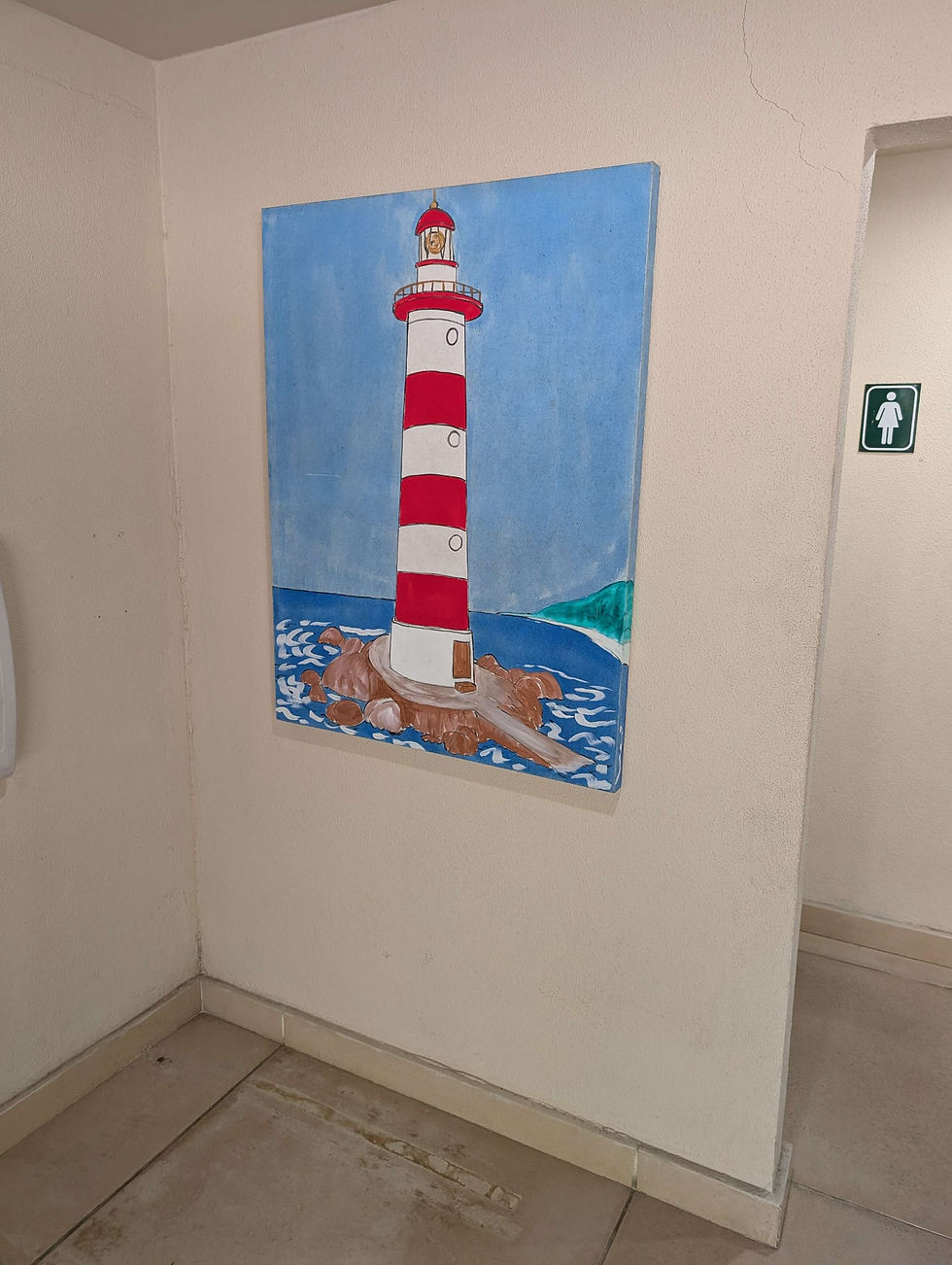Connecting Beliefs
- tornlineage43
- May 22, 2022
- 3 min read

The journey to God becomes a process that needs to be fulfilled by each reader. The faith that we all struggle with to understand God and our place on earth. This becomes disrupted by anxiety, doubt, and the certainty that some of us have that God's presence is undeniable. Poets like Hafiz and Grabo have opposite interpretations to how God converses with mankind. Hafiz has absolute faith and shows this in his poem "I know I Was the Water", with the pronoun I declaring his assurance. Grabo in "During the Service" questions her place with God and the world. Both poets try to answer their belief in God in different ways, each achieving this goal through a different connection with the reader. Accordingly to Hafiz, faith requires absolute devotion or a spiritual confidence.
Hafiz has a strong connection to God that reinforces devotion. The speaker in Hafiz' poem using a lot of the first person pronoun "I" stating an affirmed belief that leaves no room for doubt. This spiritual confidence lets readers see the path needed to achieve when thinking about religion ties. Hafiz states, "I know I was the earth that measured the infinite / Arch in His feet" (Hafiz 1112). First stating, "I know" this allows the reader to see Hafiz has no doubt that he speaks for God. His actions for God are solid and goaloriented to achieve his purposes a clear process of devotion. The metaphor of the earth as the place that nourishes God's will. This will is not something we can touch, but our actions provide our faith to God. On the contrary, Grabo has a different outlook on faith.
The repetition in the poem by Grabo shows the same contemplate that occurs for many readers. Hafiz has a strong connection to God, however readers can relate to Grabo when ask the same question we are all faced with. The uncertainty of God and the struggles a reader faces are reflected in her phrase" my lack of faith" throughout the poem. The "my" reflects a personal statement that Grabo wrestles with as the speaker. Many readers can struggle alongside Grabo when wonder, are we sure our faith is not just a story? Grabo states, "But let my lack of faith seem strange to you! / You're lovely certain that the ancient story's true" (Grabo 1819). These powerful words about "my lack of faith" shows her personal journey with God. She has doubt and this lack of certainty is relatable. Grabo also says "seem strange to you" which connects the reader to her stance. If you agree with her doubt or find her doubt an issue, it is the reader's problem because she is still struggling with her doubt. She shows her security with her doubt with the second line "You're lovely certain" because into we die there is no certainty and the "ancient story's true" suggests this is all a fable. God’s existence is a struggle Grabo affected by without physical proof. To sum up, we all as readers have a moment of uncertainty with our religious devotion and connection to God.
To conclude, our process of understanding God and our connection to God causes anxiety from not knowing. Some people like Hafiz are spiritually confident in God and all the wonders that connects us. In spite of the wonders of the world, Grabo still struggles to see God. Grabo differs from Hafiz in her certainty, yet readers can feel connected to her doubt since throughout life we all have rough patches that require us to doubt where is God to assist us. The belief in God is not easily achieved, so different poets see the connection with God and express their
religious devotion through various methods like metaphor or repetition of phrases. Both poems still took us on a journey of how each speaker sees his or her connection to God.


Comments